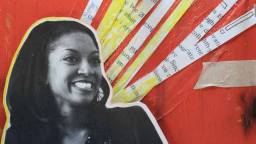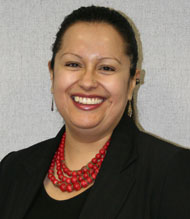The Other Wes Moore: Chapter 7
The chapter started off with the author Wes Moore, near his graduation from Valley Forge. Wes decides to focus on education and not care about what others think. Even though he had never enjoyed reading, Wes eventually came to love when he read books with
characters he could relate to. He learned from such people as “The Fab Five,” Colin Powell, and
Malcom X. The various leaders Wes, encountered at Valley Forge had helped him learn about leadership
and decision making. All of these influences helped Wes decide to stay at Valley Forge for junior
college in order to go through the early commissioning process and become a second lieutenant in
the Army. At age 18, Wes became the regimental commander for the 70th Corps of Cadets, which made
him the highest-ranking cadet in a corps of more than 700 students. Wes, was required to become a qualified
paratrooper. Though he and his fellow airmen were incredibly nervous to jump out of a plane, they
obeyed their training and made a successful jump. Meanwhile, the other Wes couldn't believe, Cheryl, the mother of his third and fourth
children, is a drug addict when he finds her high from heroin while pregnant. After he is sure she
has not overdosed, he leaves the house, realizing he is tired of the drug game, and of being arrested,
and of watching drugs destroy his family and community. After walking a long way, he ends up at
his friend Levy’s house. Levy had decided to leave the game a couple months ago. Wes told him he was ready to get
out, too. Levy talked to him about Job Corps, a program that helps people get their GED and gives
them vocational training. Wes is ready to try anything, so he goes with Levy to get more
information about the program. When Wes arrived , he sees dorms, lawns, basketball courts, and everything else he imagines is
on a college campus, which he has never visited before. He completes his GED in one month, and is soon helping others study. Wes has become a
leader among the Job Corps. When he is asked to select vocational training, he chooses
carpentry. He enjoys the work and the teacher, and thinks it suits him. He builds a play house for
his daughter, which is by far the most advanced project in the class, and graduated in seven months. When he gets back to Baltimore, he finds temporary work landscaping and working on
homes. After those jobs end, he works in food service. However, none of these jobs pay more than
$9 an hour and Wes begins feeling frustrated. Alicia and Cheryl are both demanding more money,
and he feels obligated to give his mother money since she is basically raising his and Cheryl’s
children. One day, as he leaves his food service job at the mall, he stops by his old neighborhood.
He picks up a package that contains the ingredients to make cocaine. A year after graduating, he
realized they had come back. Wes wants to stay out of the game, he feels like he
doesn’t have a choice if he wants to provide for his family.
This chapter relates to the book, The Power of Habit, because of the choices that the other Wes makes, after graduating he decided to go back into the game.









